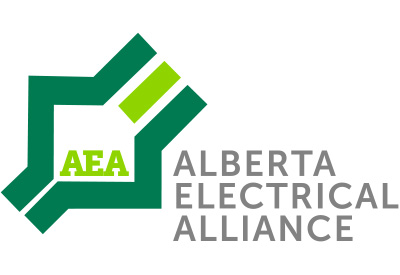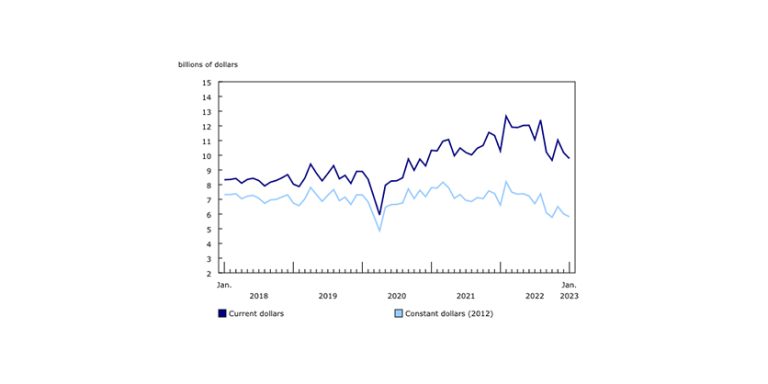Thinking About the eCommerce Information Clutter

By David Gordon
May 15, 2017
There continues to be much discussed in the industry regarding “ecommerce.” Daily we hear about Amazon Business, Grainger and the coming “conquering of the channel” by eCommerce. It almost seems as if everyone expects that the zombies in the Walking Dead will take over the world (”zombies” being customers and hence everyone will buy online and there will be no/minimal need for people).
Now, don’t get me wrong, eCommerce
- is here to stay
- serves customer needs
- adds value to a business
- enables customers to have choice in how they do business with a company
- provides competition
- in some instances provides pricing competition through alternative channels
And while Amazon Business and other marketplace environments do represent competition, they are taking nominal share from within the electrical industry.
More importantly, their arrival has spurred investment in eCommerce initiatives, improvements in product content, some better marketing, better pricing and inventory management methodology and processes, and more customer choice in information gathering, estimating/price retrieval and ordering methods. This “choice” provides for self-sufficiency, addresses Millennial interest in doing more online and can improve productivity. In some instances eCommerce relates to web ordering; in others, it is leading to ways to interact electronically.
Consider that there are some suppliers whose shadow (influence) is greater than their sales impact. In this case, at least so far, Amazon Business’ influence is bigger than their share take.
So, some things to consider as you read much about eCommerce, evaluate “success” and consider your strategy:
1. Companies talk about growth of eCommerce but, does that correlate to their overall growth? eCommerce is a channel. An alternative ordering process for most companies in the distribution space. If sales increase through eCommerce and decrease somewhere else, how are other costs being managed? Are there separate sales / marketing strategies for different ways of ordering? And if non-eCommerce sales decline, is the sales organization being managed effectively to pursue alternative business with their “free” time?
- In Grainger’s case they claim eCommerce was responsible for closing of many of their branches? If a shift in ordering impacted that amount of business (and yes, they probably had to close some locations due to the decline in the oil / gas market), are they calling on those companies solely via tele-sales and marketing?
- Remember, Amazon Business is a $1 billion business… via XX categories and out of a US$100 billion company. It’s 1% of company sales. What % of the $1 billion is electrical? What percentage is your core customer?
2. What is “eCommerce” and how should you evaluate / interpret other companies’ reporting? Consider these elements and what a company states:
- website
- mobile
- EDI
- eProcurement (marketplaces or integration through an eProcurement platform/service)
- automated replenishment via vending machines and/or storerooms
- salespeople adding orders via tablets at customers
- remote kiosks
And also consider if the order directly is placed into the ERP system or does it have to be “data entered”? Does it go directly into your warehouse system to be picked or does it need to be printed to be picked?
Consider, if your 10% of sales through the website but 50% of sales via EDI, is your eCommerce 10% or 50% or 60%? The only reasons for a higher number is to position yourself as a technology adopter, perceptually as “efficient,” promote/position yourself to Bay Street or to your suppliers?
3. Should you ask your customer what they want either in the strategy process or once you’ve had an eCommerce offering for a bit?
We had a client who used our eCommerce survey to identify customer needs (and desired functionality), their desired services, and the potential revenue impact through improved account penetration.
Another client asked us to conduct a digital experience survey where users of their eCommerce site were asked what functionality is important to them, how the client’s site delivered on the functionality, how the site could be improved to better serve them, and about other eCommerce insights. Additionally, the definition of eCommerce was expanded from solely web to other connectivity initiatives the client offered.
An interesting observation: most customers preferred a hybrid model, appreciated the opportunity for self-sufficiency, saw the benefit for repetitively ordered items and really valued the ability to get pricing and product information.
Customer research can help you understand what they want so that you can deliver on their needs while also envisioning tools / functionality that will help them do business easier with you. Additionally, it is important to essentially ask yourself, “What is the ROI?” Is it a defensive play? A growth strategy supported by a sales and marketing initiative? You know which customers would increase sales? You focus on customer/buyer segmentation? and similar.
4. Does anyone in the electrical channel care if Amazon Business is a US$1 billion, a $5 billion or a $10 billion business? Remember, being selfish means “What percentage of their business is electrical?” And “What types of customers are most likely to purchase regularly through Amazon (and sourcing for items you don’t carry doesn’t count as you never had that business)?”Amazon has many more major product categories (14) than any electrical distributor focuses on. If you’re Grainger or Interline Brands, this can be an issue. For an electrical distributor, not so much.
Distributors are moving along the eCommerce launch and adoption curve:
- AD had over 200 people attend their eCommerce conference
- Unilog had over 125 attend their CIMM2 Users Group meeting
- IMARK recently approved another eCommerce serve provider (XOLogic) to serve its members
- MDM has had lots of eCommerce providers conduct webinars.
There’s much interest, much information and much activity in the space. Many see the vision, some question their investment (hardware and software sometimes are the small dollar investments, need to add people, content, marketing strategy as well as the “unknowns” such as changing pricing methodology so can have consistency, ensuring inventory accuracy, educating salespeople and customers… and more), but offering an eCommerce (website) solution is a requirement for tomorrow’s business. Maximizing the investment also requires extending the definition to connectivity… serving the customer how they want it.
And, for the foreseeable future, customers won’t turn into zombies. They seek a hybrid model… if you add value to your relationship with them.
David Gordon is President of Channel Marketing Group. Channel Marketing Group develops market share and growth strategies for manufacturers and distributors and develops market research. CMG’s specialty is the electrical industry. He also authors an electrical industry blog, www.electricaltrends.com. He can be reached at 919-488-8635 or dgordon@channelmkt.com.










